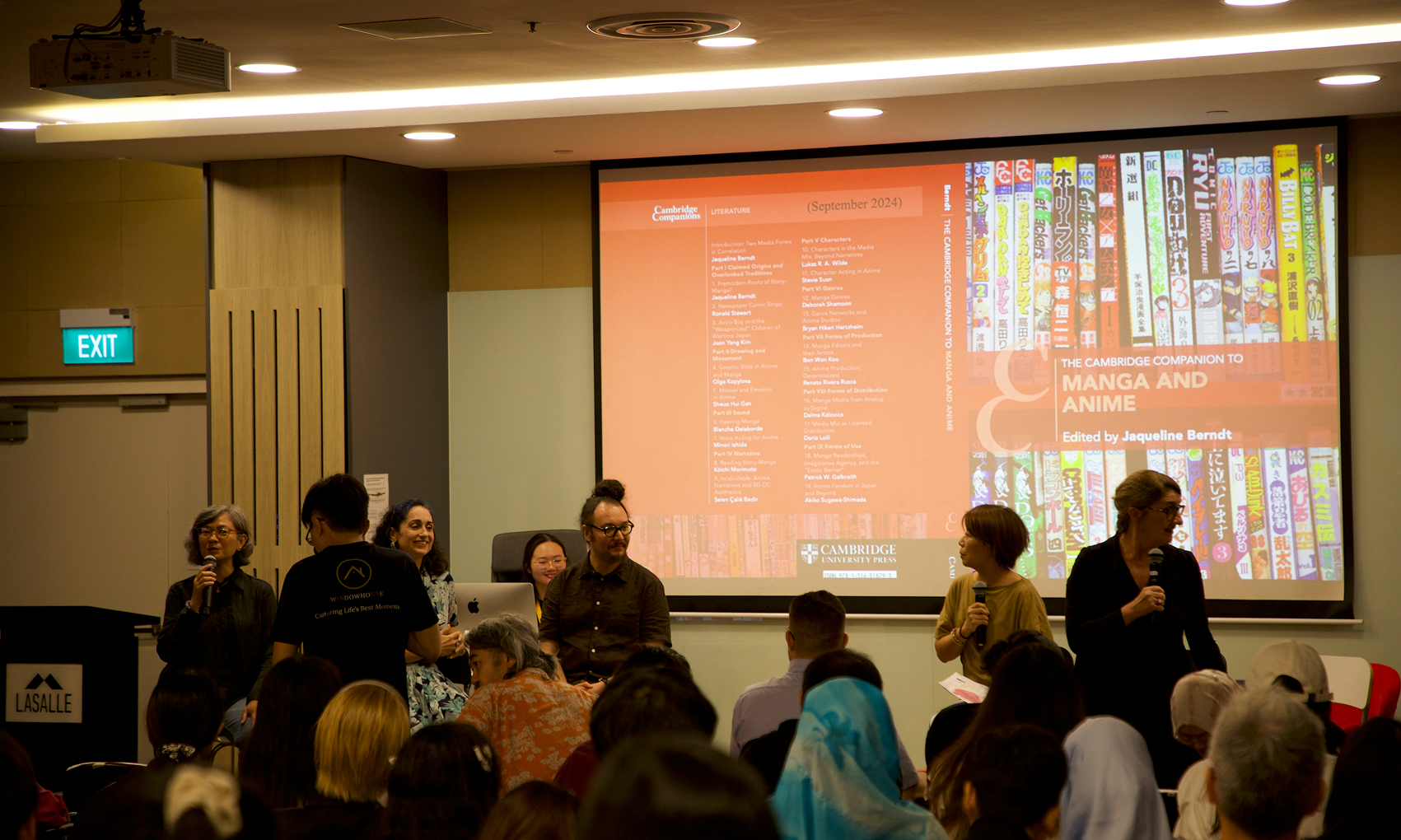Journal and book publications
Beyond the Scorecard Diplomacy: “Beyond the From Soft Power Rankings to Deep Mapping Explorations
The article interrogates if data visualization, despite its inherited subjectivity, can be used not only as a tool for data representation but also as a research platform to facilitate an iterative exploratory process to identify new themes, raise new questions, and generate new knowledge. It addresses this task by pursuing a twofold research goal. On the one hand, it confirms previous findings that have documented the political power of data visualization specifically in the field of scorecard diplomacy. It critically discusses Portland Soft Power 30 Index that measures soft power of selected countries on the annual basis to reveal how the scorecard diplomacy works through the ranking dashboard. On the other hand, the article reflects on the experience of designing a geo-visualization system that, by contrast, intended to overcome shortcomings of data visualization’s politics to build a platform for an inductive academic research. It discusses a new deep mapping framework of soft power visualization that intended to address several critical problems of Portland’s measurements and shares research insights from the project “Deep Mapping: Creating a Dynamic Web Application Museum Soft Power Map.”
Citation:
Grincheva, Natalia. ''Beyond the Scorecard Diplomacy: “Beyond the From Soft Power Rankings to Deep Mapping Explorations.'' Convergence, 2022, doi: doi:10.1177/13548565221079158.
The Future of Cultural Diplomacy: From Digital to Algorithmic
This chapter conceptualizes changes in arts management practices from the perspective of cultural diplomacy, which has experienced significant transformations in the age of increasing digitalization. It explores and illustrates how new media technologies and data practices recalibrate the context in which cultural diplomacy operates by reshaping the medium of artistic communication, empowering new actors and equipping them with new tools to establish, deliver, maintain, and assess their global communication campaigns. The chapter identifies and describes three key aspects of cultural diplomacy transformations: virtualization, algorithmization, and datafication. Exploring the current cultural diplomacy activities reflected through institutional and government reports and press releases, the chapter offers a bird’s-eye view of global arts practices to critically reflect on the new dimension of cultural diplomacy.
Citation:
Grincheva, Natalia. ''The Future of Cultural Diplomacy: From Digital to Algorithmic.'' The Oxford Handbook of Arts and Cultural Management, edited by Yuha Jung , et al., Oxford, Oxford University Press, 2022, doi: https://doi.org/10.1093/oxfordhb/9780197621615.013.11.
Making Museum Global Impacts Visible: Advancing Digital Public Humanities from Data Aggregation to Data Intelligence
The chapter pursues two goals: first, it aims to situate big data analysis within the growing field of digital humanities; second, it employs an empirical exploration of the project “Deep Mapping” to discuss and demonstrate challenges and opportunities of the recent advancements in the big data digital humanities, specifically in the field of cultural geo-visualization. It identifies and examines three foundational levels of digital humanities research practices which include (1) Data Aggregation, (2) Data Visualization, and (3) Data Intelligence. Each of these levels forms a progression of the digital public humanities research from the mere capture of cultural data to its strategic employment for generating new insights to forecast development of a specific digital phenomenon, object, or process. Drawing on this framework, the chapter conceptualizes big data curation within digital humanities as an area of research and practice that entails a strong engagement with the wider public beyond academia.
Citation:
Grincheva, Natalia. ''Making Museum Global Impacts Visible: Advancing Digital Public Humanities from Data Aggregation to Data Intelligence.'' The Palgrave Handbook of Digital and Public Humanities, edited by Anne Schwan, and Tara Thomson, London, Palgrave MacMillan, 2022, pp. 397-419, doi: https://doi.org/10.1007/978-3-031-11886-9_21.
Humanity and Humility: Ethics, Pedagogy, and Art Therapy Contributions in the Response to Natural Disasters
Responding to natural disasters is something that we each do in our own way. We may first learn of impending natural disasters through mass media, and most certainly we are inundated with images, stories, and accounts of the damage, devastation, and trauma during and after the fact. Some of us may feel compelled to take an active response, such as volunteering on humanitarian efforts either in our home country or by traveling overseas as part of larger national or international organized efforts (Chilcote, 2007; Gelo & Gonzalez-Lugo, 2018; Hussain, 2010; Linton, 2017; Mohr, 2014; Potash et al., 2017). Ethics are involved, whether inherent or applied, or mandated through one's professional affiliation and the relevant credentialing authority (American Art Therapy Association, AATA, 2013; Australian, New Zealand and Asian Creative Arts Therapies Association, ANZACATA, 2020; Art Therapists' Association Singapore, ATAS, 2020; Art Therapy Credentials Board, ATCB, 2019).
Citation:
Lay, Ronald P.M.H. ''Humanity and Humility: Ethics, Pedagogy, and Art Therapy Contributions in the Response to Natural Disasters.'' Art Therapy in Response to Natural Disasters, Mass Violence, and Crises, edited by Joseph Scarce, London, Jessica Kingsley Publishers, 2022, pp. 50-65, ISBN / ISSN: 978-1-78775-406-5.








